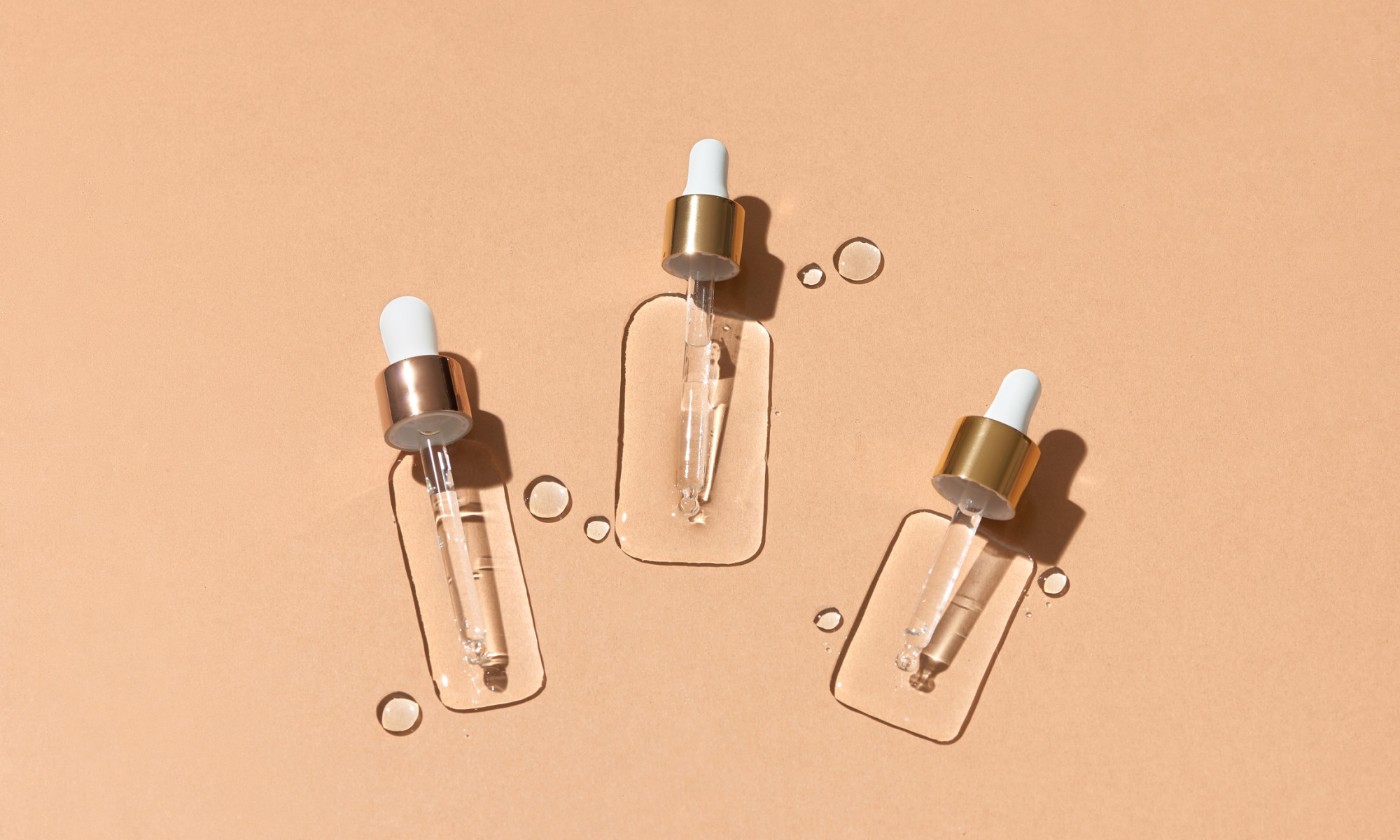I Would Have Laughed At This Ingredient A Year Ago — Now It's My Go-To
The beauty industry is constantly evolving.

Image by MARC TRAN / Stocksy September 20, 2023 We carefully vet all products and services featured on mindbodygreen using our Our selections are never influenced by the commissions earned from our links. The beauty industry is constantly evolving, and as beauty journalists, it’s our job to keep a finger on the pulse of industry innovations—and sometimes, we even change our stance on certain topics. Take skin-firming formulas, for example: Anything that claimed to be a “face lift in a bottle” used to elicit an immediate eye roll, but as more high-tech regenerative skin care ingredients crop up on the scene, the claim now doesn’t seem as far-fetched. (Read my report on firming topicals here for the full deep dive.) This ad is displayed using third party content and we do not control its accessibility features. We’re seeing a similar shift when it comes to collagen creams. If you asked me a year ago, I would vehemently deny the existence of vegan collagen. Collagen, after all, is a family of proteins that make up the structure of our skin, bone, cartilage, and muscle. It simply can’t be plant-based! But now, as synthetic, biotech-derived ingredients start to mimic proteins found in the animal kingdom, the claim becomes a bit more nuanced—in the topical space, at least (for supplements, it's still black and white). 
Advertisement
Wait, so there’s vegan collagen now?
Collagen is the most prevalent protein in the animal kingdom1—animal, being the key word here. Your own body makes collagen proteins via fibroblasts, and while plenty of plant-based ingredients can boost your body’s natural production of collagen (retinol, glycolic acid, vitamin C, among others), the proteins themselves cannot be vegan.
However, as skin care relies more on biotechnology, some brands have discovered lab-derived compounds that can provide similar results. For example, “There are vegan collagen fragments produced biotechnologically in plants,” says board-certified dermatologist Hadley King, M.D.
For instance, this DOCTOR BABOR Lifting Rx Collagen-Peptide Derma Filler Serum contains a peptide fragment of type I collagen (this type of collagen is especially abundant in the skin, where it's "responsible for keeping it pliable and young-looking," board-certified dermatopathologist Gretchen Frieling, M.D., once told mbg). These fragments are not identical compounds to collagen proteins, but they “can be used as building blocks, and they've been shown to boost collagen synthesis,” says King.
Additionally, some companies actually create synthetic, human-identical collagen using a process called ultra pure fermentation. “It’s a patented technology that uses renewable plant-based inputs,” explains clean cosmetic chemist Krupa Koestline. “There are companies using vegan marine-like collagen as well, but in my opinion, a human-identical collagen works best topically.” And as the technology becomes more accessible, she notes we’ll start to see it in a ton of beauty products—in fact, several brands have incorporated it already.
Still, “vegan collagen” is a buzzy marketing term that isn’t regulated, so you can find plenty of iffy formulas. If you do find a bottle with “vegan collagen” in its claims, it’s important to look at the data and make sure the ingredients are biotech-derived actually effective. “For consumers, it’s important to look for a “sh-polypeptide-XX” ingredient in the INCI list to confirm the presence of a vegan human-identical collagen,” adds Koestline.
What about supplements?
So vegan collagen can technically exist in the topical space—but it’s a totally different story with supplements. “Expecting a collagen supplement to be vegan is like expecting bone broth or a mink fur stole (yikes) to be vegan. They just aren't,” mindbodygreen's VP of scientific affairs Ashley Jordan Ferira, Ph.D., RDN, previously told us.
If your collagen supplement does have “vegan” on the label, it probably doesn’t contain collagen peptides at all. Instead, it likely features ingredients—like key nutrients and bioactives—known to support collagen production, synthesis, and health via various pathways.
"These collagen 'boosters' may include ingredients like amino acids (especially proline, lysine, and glycine), vitamins C and E for collagen production and cross-linking, a B complex for cellular energy, or botanical antioxidants to protect collagen from oxidative damage," Ferira says. In fact, many standard collagen products include these ingredients because they are so helpful at aiding your overall collagen health.
While innovation is certainly possible in the space, “vegan ingestible collagen is not available just yet,” affirms Koestline. Companies may be working on a way to make it happen, but for now, you’d be better off purchasing a high-quality, grass-fed, bovine collagen supplement—here are our favorites on the market.
Advertisement
This ad is displayed using third party content and we do not control its accessibility features.
The takeaway
It’s time we give vegan collagen a closer look. In the topical space, recent biotech innovations have made it possible to create synthetic, plant-based versions of the proteins we all know and love. The supplement space isn’t quite there yet—so please look at “vegan” collagen powders with a critical lens!—but we’d recommend opting for an animal-based source anyway. After all, bovine collagen can absolutely contribute to your overall protein intake.

 JimMin
JimMin 

































